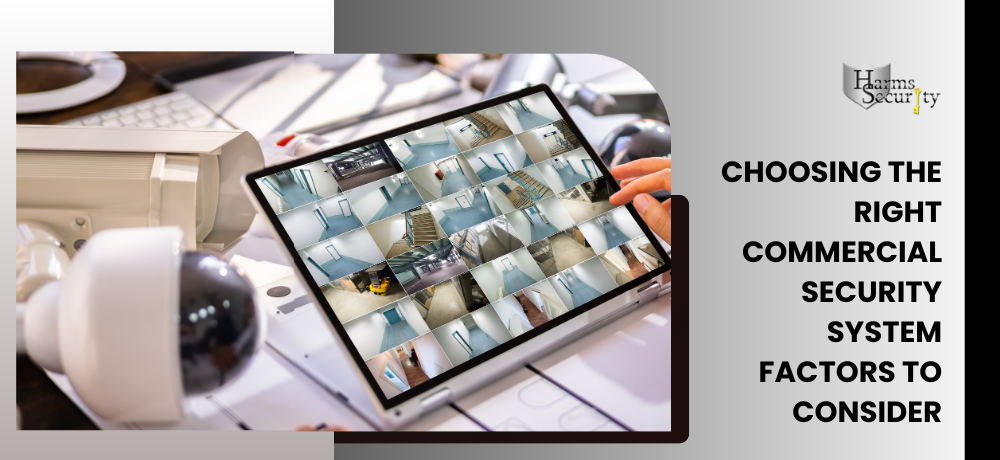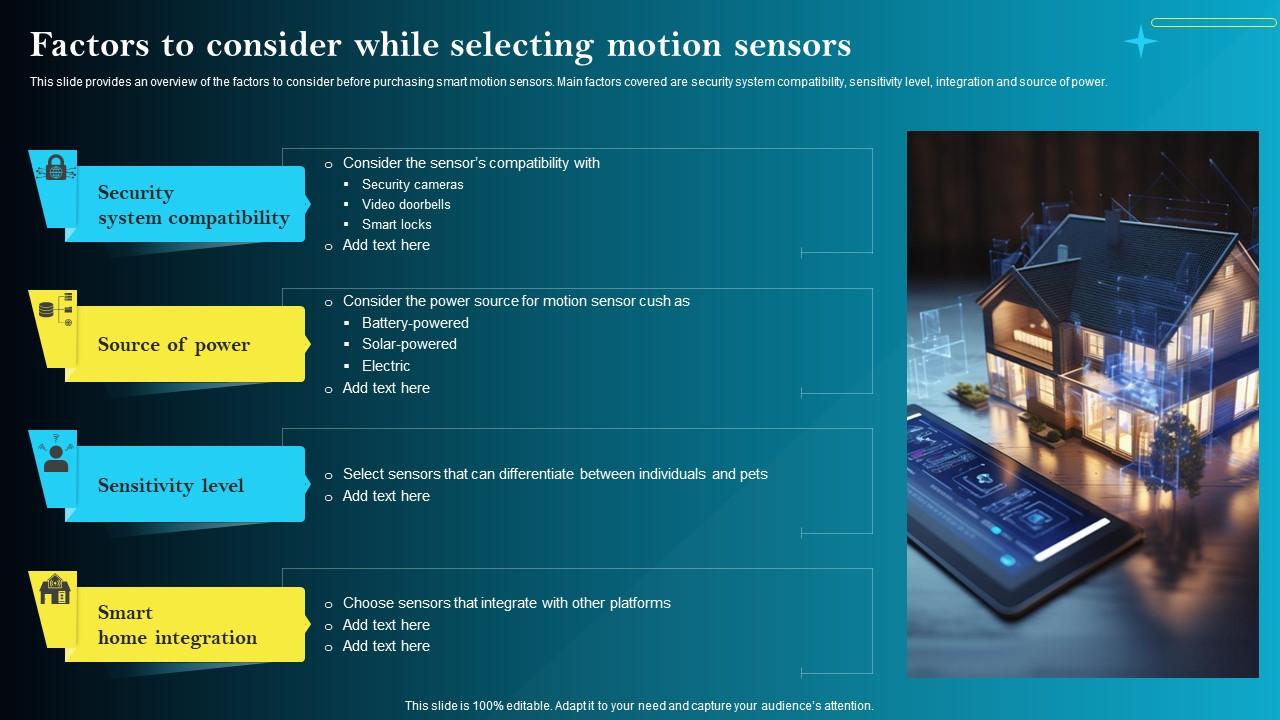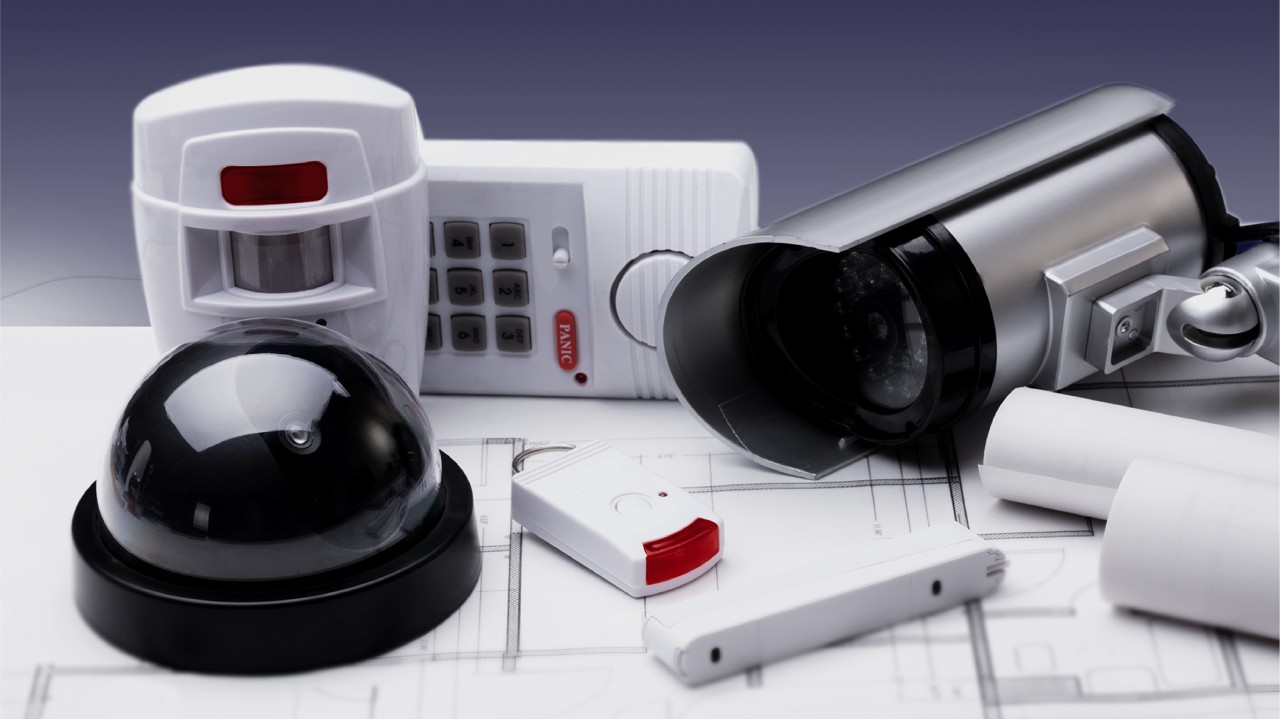Choose a home security system by considering your budget, home size, and specific security needs. Evaluate different features and customer reviews.
Choosing the right home security system is crucial for protecting your home and family. A good system deters burglars and provides peace of mind. With various options available, it can be challenging to decide which one fits your needs best.
Consider factors such as budget, home size, and specific security requirements. Look for features like motion detectors, cameras, and alarm systems. Customer reviews and expert opinions can provide valuable insights. By assessing these elements, you can select a security system that ensures safety and meets your expectations.

Credit: www.harmssecurity.com
Assessing Your Needs
Choosing the right home security system starts with understanding your specific needs. This involves considering several factors, including the size and layout of your home and your daily lifestyle and habits. By assessing these factors, you can ensure that you select a system that provides optimal protection and convenience.
Home Size And Layout
The size and layout of your home significantly impact your security system choice. Larger homes require more sensors and cameras to cover all areas. Small apartments may need fewer devices but still require strategic placement.
- Number of Entry Points: Count doors and windows needing surveillance.
- Multiple Floors: Homes with multiple floors need extra sensors for each level.
- Outdoor Areas: Consider the need for outdoor cameras and motion detectors.
Lifestyle And Habits
Your daily activities and routines also affect your security needs. A tailored system should fit seamlessly into your lifestyle.
- Family Members: Consider the number of people in your home. Do you have children, elderly family members, or pets?
- Work Schedules: Are you often away from home? A system with remote monitoring may be ideal.
- Frequent Travelers: If you travel often, look for systems with advanced alert features.
Assessing your needs involves understanding these key factors. By doing so, you can choose a home security system that offers the best protection for your unique situation.
Types Of Security Systems
Choosing the right home security system can be a daunting task. There are several types of security systems, each offering unique benefits. Understanding these types can help you make an informed decision.
Wired Vs Wireless
Security systems come in two main types: wired and wireless. A wired security system uses physical cables to connect components. This system often requires professional installation. It offers reliable and stable connections.
On the other hand, a wireless security system connects components using Wi-Fi or other wireless technologies. This system is easier to install and can be moved easily. It is ideal for renters or those who move frequently.
Diy Vs Professional Installation
Another crucial factor is the installation method. You can choose between DIY (Do It Yourself) or professional installation.
DIY systems are designed for easy setup. They usually come with step-by-step instructions. You can save on installation costs and have control over the process.
Professional installation ensures that experts set up your system. This option offers peace of mind that all components are correctly installed. It is perfect for those who prefer a hands-off approach.
| Type | Advantages | Disadvantages |
|---|---|---|
| Wired |
|
|
| Wireless |
|
|
Key Features To Look For
Choosing a home security system is crucial for protecting your home. Knowing key features to look for can make your decision easier. Here are the main aspects to consider.
Surveillance Cameras
Surveillance cameras are vital for any security system. They provide a visual record of activity around your home. Look for cameras with high resolution and night vision. These features ensure clear images day and night.
Consider cameras with wide-angle lenses. They cover more area and reduce blind spots. Also, opt for cameras with motion detection. This feature alerts you to movement and saves storage space.
Some cameras offer two-way audio. You can talk to visitors or warn intruders. Cameras with cloud storage keep your footage safe from tampering.
Motion Detectors
Motion detectors are another key feature. They sense movement and trigger alarms. This helps deter intruders before they enter your home.
Look for detectors with adjustable sensitivity. This reduces false alarms from pets or small animals. Some detectors use infrared technology. They can sense heat and provide more accurate detection.
Many motion detectors now have smart capabilities. They can send alerts to your phone or integrate with other devices. This keeps you informed no matter where you are.
Smart Home Integration
Smart home integration is becoming essential in security systems. It allows your security devices to work with other smart home products. This enhances your home’s safety and convenience.
Look for systems compatible with voice assistants like Alexa or Google Assistant. You can control your security system with voice commands. Choose systems that work with smart locks and lighting. These can automate your home’s security routines.
Some systems integrate with smart thermostats. This can help manage your home’s energy use and improve security. Ensure the system has a user-friendly app. This makes it easy to control and monitor your home from anywhere.
Budget Considerations
Choosing a home security system involves several factors. One of the most important is the budget considerations. Understanding the costs involved helps you make an informed decision that fits your financial situation.
Upfront Costs
The initial investment in a home security system can vary. Here are some key components to consider:
- Equipment Costs: Cameras, sensors, and alarms are essential. Prices can range from $100 to $1000.
- Installation Fees: Professional installation ensures proper setup. This can cost between $50 and $200.
Some providers offer packages that include both equipment and installation. This can sometimes save you money. Compare different packages to find the best deal.
Ongoing Fees
Beyond the initial costs, ongoing fees are another important factor:
| Type of Fee | Estimated Monthly Cost |
|---|---|
| Monitoring Fees | $20 – $50 |
| Maintenance Fees | $5 – $15 |
Monitoring fees ensure that your home is monitored 24/7. Maintenance fees cover regular system checks and updates.
Some companies offer discounts for long-term contracts. Always read the fine print to avoid unexpected costs.
Understanding these costs helps you budget effectively. It ensures you choose a system that provides security without breaking the bank.
Monitoring Options
Choosing the right home security system involves understanding the different monitoring options available. Monitoring your system ensures it is always working to protect your home. There are two main types of monitoring: self-monitoring and professional monitoring. Each has its own benefits and drawbacks. Let’s explore these options in detail.
Self-monitoring
With self-monitoring, you handle the security alerts yourself. This option usually involves an app on your phone. When an alert is triggered, you get a notification. You can then decide what action to take. Here are some benefits and drawbacks:
- Cost-effective: No monthly fees.
- Control: You decide how to respond.
- Instant alerts: Direct notifications to your phone.
- Drawbacks: You need to be available 24/7.
- Response time: Delays if you miss an alert.
Professional Monitoring
Professional monitoring involves a dedicated team watching your system. They respond to alerts on your behalf. This service usually requires a monthly fee. Here are the key features:
- 24/7 monitoring: Always someone watching your home.
- Quick response: Faster reaction to alerts.
- Peace of mind: Professionals handle emergencies.
- Drawbacks: Monthly fees apply.
- Less control: You rely on others to respond.
Both options have their own unique advantages and disadvantages. Choose the one that fits your needs and lifestyle. Stay informed and protect your home effectively.

Credit: www.hindustantimes.com
Customer Support
Choosing a home security system involves several factors, but customer support is one of the most crucial. Great customer support ensures you get help whenever needed and can resolve any technical issues quickly. Let’s delve into the essential aspects of customer support that you should consider.
24/7 Availability
Home security issues can happen at any time. That’s why 24/7 availability is vital. Ensure the provider offers round-the-clock support. This means you can get help even in the middle of the night. A system with 24/7 support gives peace of mind.
Technical Assistance
Technical problems can be daunting. Having access to technical assistance is crucial. Look for providers who offer easy-to-understand help. This can include phone support, online chat, or even video tutorials. Good technical support ensures your system works smoothly.
| Factor | Why It’s Important |
|---|---|
| 24/7 Availability | Provides help anytime, ensuring constant security. |
| Technical Assistance | Resolves issues quickly, keeping your system functional. |
Reputation And Reviews
Choosing a home security system can be challenging. One critical factor is the reputation and reviews of the system. Reviews provide insights into the system’s reliability, features, and performance. A good reputation often indicates a trustworthy product. Here, we explore user testimonials and third-party ratings to help you make an informed decision.
User Testimonials
User testimonials offer real-life experiences from other homeowners. These reviews highlight the pros and cons of a security system. Look for patterns in feedback. Consistent praise or complaints can tell you a lot. Positive testimonials often mention ease of use, effective monitoring, and quick response times.
- Ease of Use: Users appreciate straightforward installation and operation.
- Effective Monitoring: Good systems are praised for reliable alerts.
- Quick Response Times: Fast reactions to alarms are a key feature.
Reading multiple testimonials can help you see the system’s overall performance. Don’t rely on a single review. Always check for a variety of opinions.
Third-party Ratings
Third-party ratings provide an unbiased evaluation. These ratings come from independent organizations. They assess security systems based on specific criteria. Look for ratings from trusted sources like Consumer Reports and security industry publications.
| Source | Criteria |
|---|---|
| Consumer Reports | Reliability, ease of use, value for money |
| Security Industry Publications | Technology, customer service, performance |
High ratings from these sources indicate a reliable and effective system. Combine these ratings with user testimonials for a complete picture. This dual approach ensures you choose a system that meets your needs and expectations.
Trial Periods And Warranties
Choosing the right home security system can be challenging. One crucial factor is the trial periods and warranties that come with the system. These offer peace of mind and protect your investment. Let’s explore these aspects in detail.
Return Policies
Return policies are important. They allow you to test the security system. If it doesn’t meet your needs, you can return it.
| Brand | Return Period |
|---|---|
| Brand A | 30 days |
| Brand B | 45 days |
| Brand C | 60 days |
Check the return policy before purchasing. A longer return period is better. It gives you more time to evaluate the system.
Product Guarantees
Product guarantees ensure the quality of the security system. If there is a defect, the company will fix or replace it.
- Look for systems with at least a one-year guarantee.
- Some brands offer up to three years of coverage.
- Extended warranties are available for an extra fee.
Make sure to read the fine print. Understand what is covered under the guarantee. This will help you avoid unexpected costs.
By considering trial periods and warranties, you can choose a reliable home security system. This ensures your home stays safe and secure.

Credit: www.slideteam.net
Frequently Asked Questions
What Are The Key Features Of A Home Security System?
Key features include cameras, motion detectors, alarms, and smart home integration. Look for systems with 24/7 monitoring. Ensure the system offers mobile alerts and easy installation.
How Do I Choose The Right Security System?
First, assess your home’s security needs. Consider system features, costs, and customer reviews. Look for reputable brands with good customer support.
Are Wireless Security Systems Reliable?
Yes, wireless systems are highly reliable. They offer easy installation and flexibility. Ensure a strong internet connection for optimal performance.
How Much Does A Home Security System Cost?
Costs vary based on features and provider. Basic systems start around $200. Monthly monitoring fees range from $10 to $50.
Conclusion
Choosing the right home security system ensures peace of mind. Evaluate your needs, budget, and features carefully. Consult reviews and consider professional installation. Prioritize reliable brands with excellent customer support. Your home’s safety is paramount; make an informed decision to protect your loved ones and property effectively.



GIPHY App Key not set. Please check settings